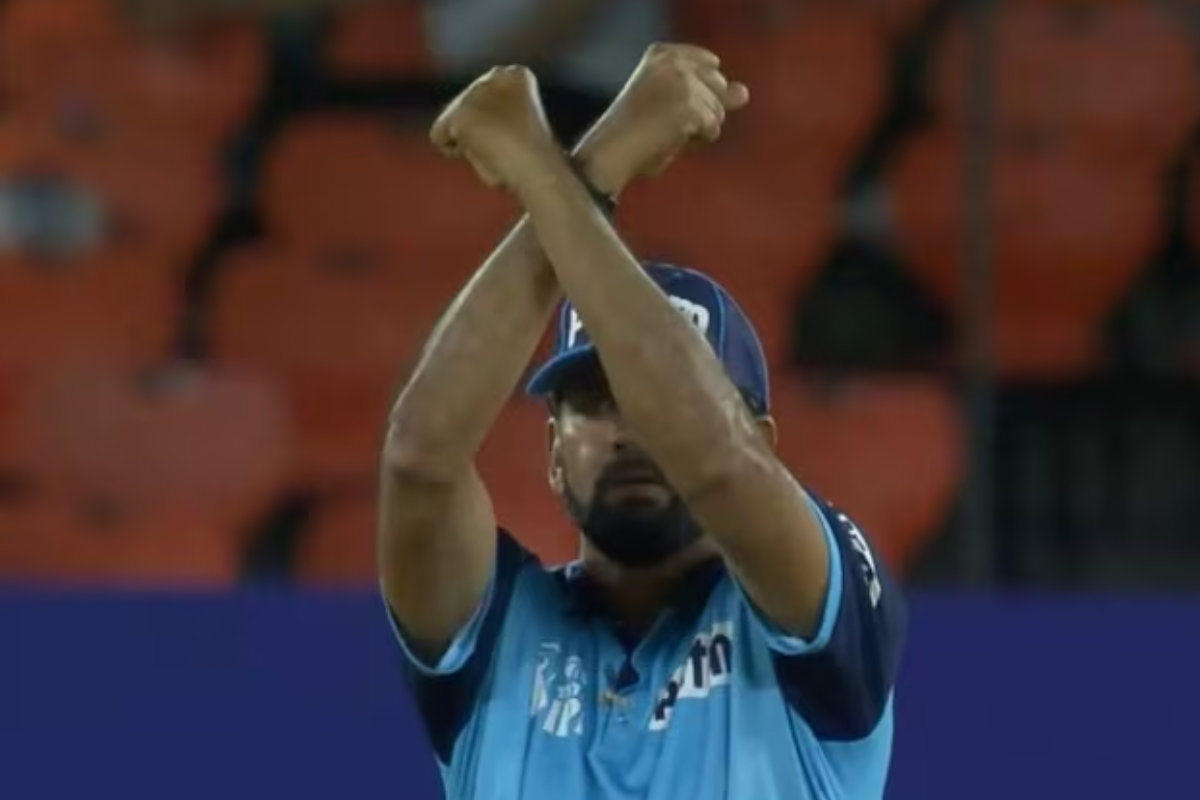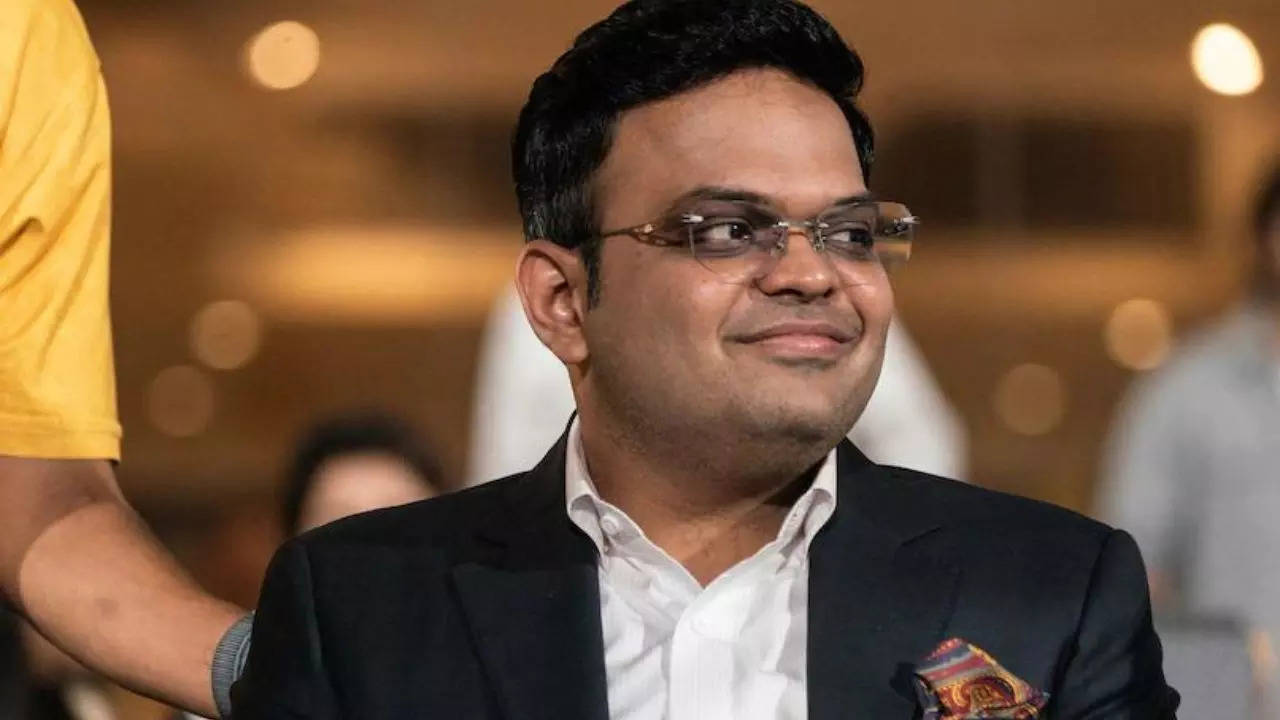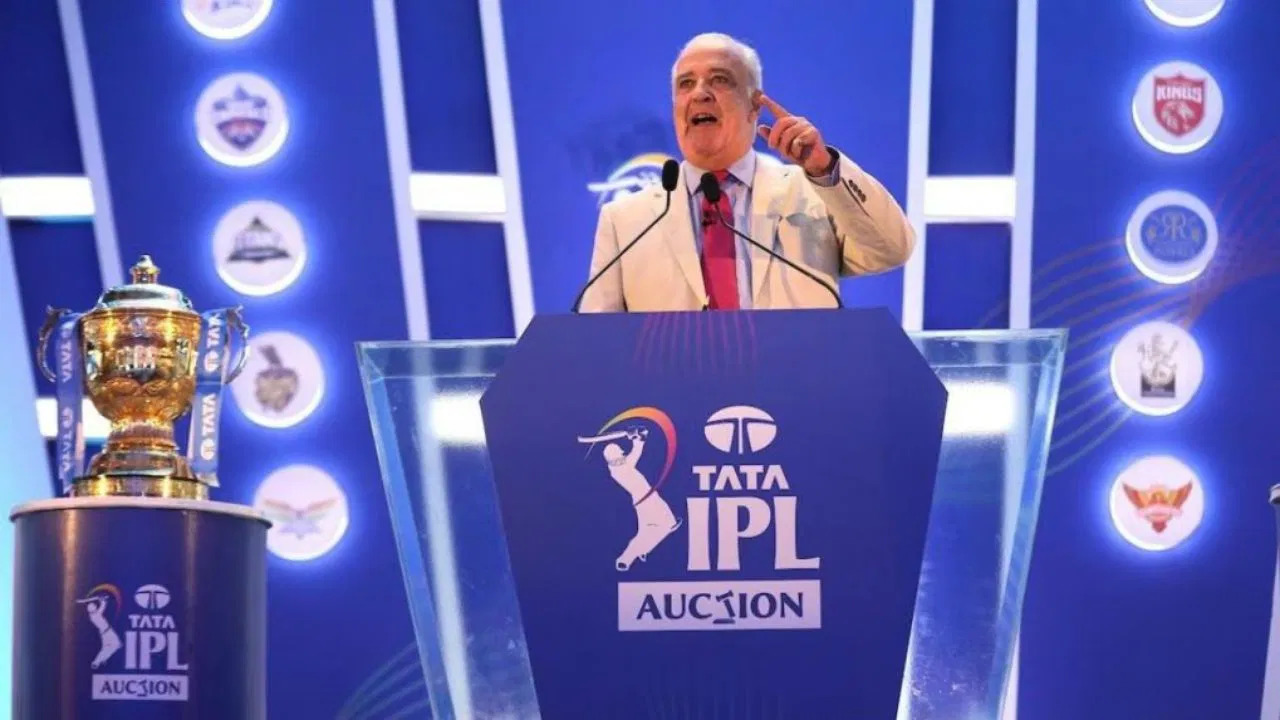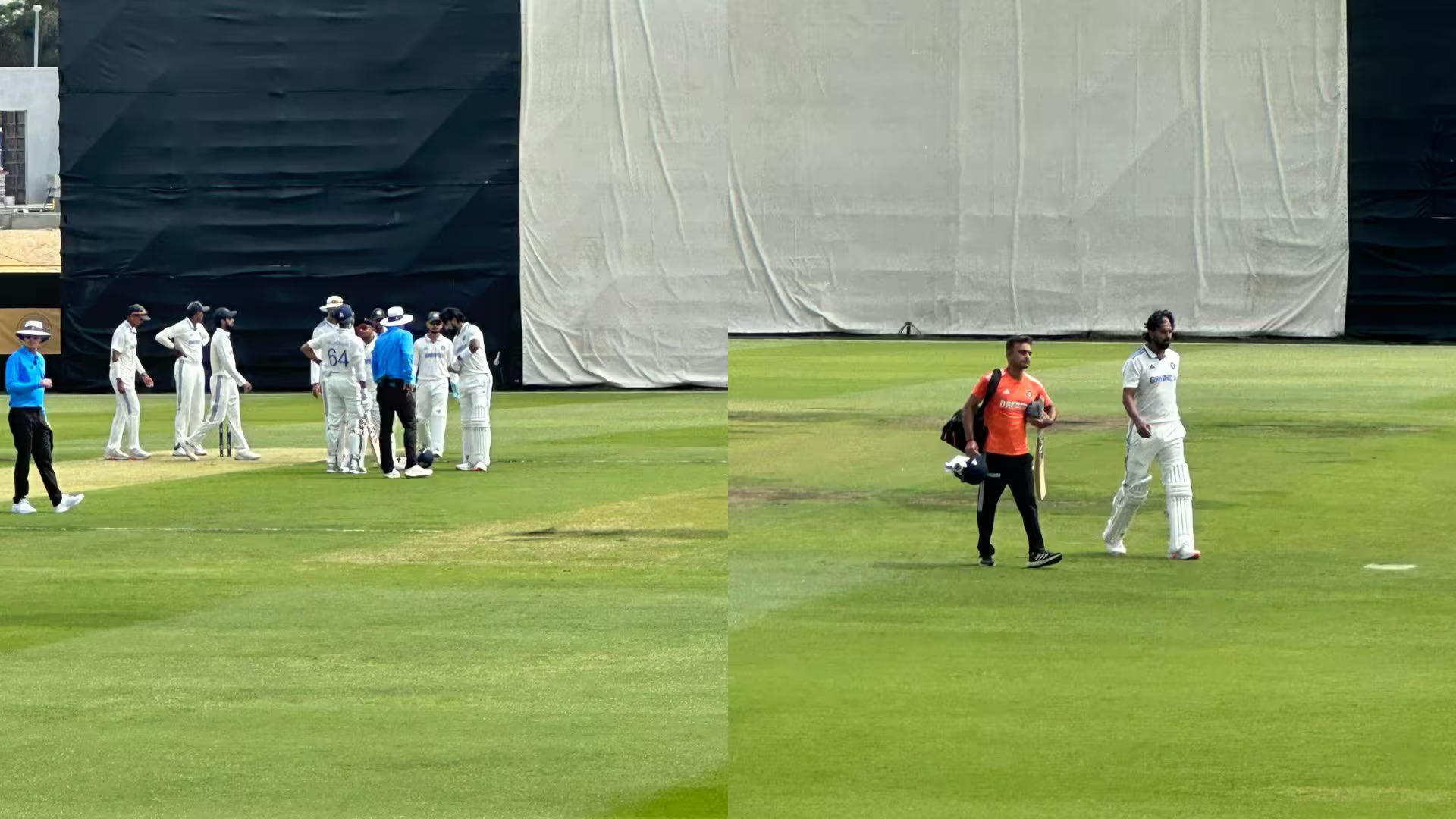Despite their commitment to maintaining the Impact Player rule in the Indian Premier League (IPL) until at least 2027, if not longer, the Board of Control for Cricket in India (BCCI) has eliminated it from the Syed Mushtaq Ali Trophy (SMAT). After the state association received official certification from BCCI on October 14, the decision was formally made.
Before implementing the regulation in the IPL, the BCCI introduced it as an experimental measure for the Syed Mushtaq Ali Trophy a few seasons ago.
By giving teams the ability to substitute a player from the original XI named at the toss for a 12th player at any time during the match, the clause was implemented with the goal of giving more Indian players—particularly the uncapped ones—an opportunity to get noticed and play.
The regulation has caused disagreements among the fraternity ever since it was first implemented. As teams favor specialized batters and bowlers over all-rounders, some players and coaches have argued that the rule is harmful to the development of all-rounders, while others have supported it because it allows more players to play an active role in the game.
There were eight 250-plus totals in the IPL 2024, including the highest in the event’s history when Sunrisers Hyderabad crushed a record 287 against Royal Challengers Bengaluru. This regulation was embraced by broadcasters, in part, since it made the tournament an even more spectacular sight. Nine out of the ten highest IPL totals have occurred since the Impact Player rule was implemented.
Indian captain Rohit Sharma is among the well-known figures who have been outspoken in their opposition to the regulation. He has publicly stated that he does not like it since it prevents all-rounders from developing. Similar opinions have also been expressed by Mitchell Starc and Virat Kohli. As all teams benefited from deeper batting lineups in the 2024 IPL, Kohli even went so far as to claim that he played at a greater strike rate in the powerplay because he had “one extra batter.” Owner of the Delhi Capitals, Parth Jindal, recently echoed the sentiment, acknowledging that he thinks cricket is a “11 versus 11” game.
Supporters include former coach Ravi Shastri and Indian spinner R Ashwin, who believe that the regulation gives the game a strategic flavor and that the teams need to be ready to change as the game progresses. The BCCI has remained steadfast in its assertion that the regulation is “not permanent.”
Since the two-bouncer regulation was first used in the previous SMAT season and was also used in the IPL, the board has chosen to stick with it.
Also Read: I think the Uncapped player rule brought back only for MS Dhoni: AB De Villiers
In contrast to the worldwide standard of one bouncer each over, the aforementioned clause allows bowlers to deliver two bouncers in an over.








 Win Projections to be updated soon
Win Projections to be updated soon















